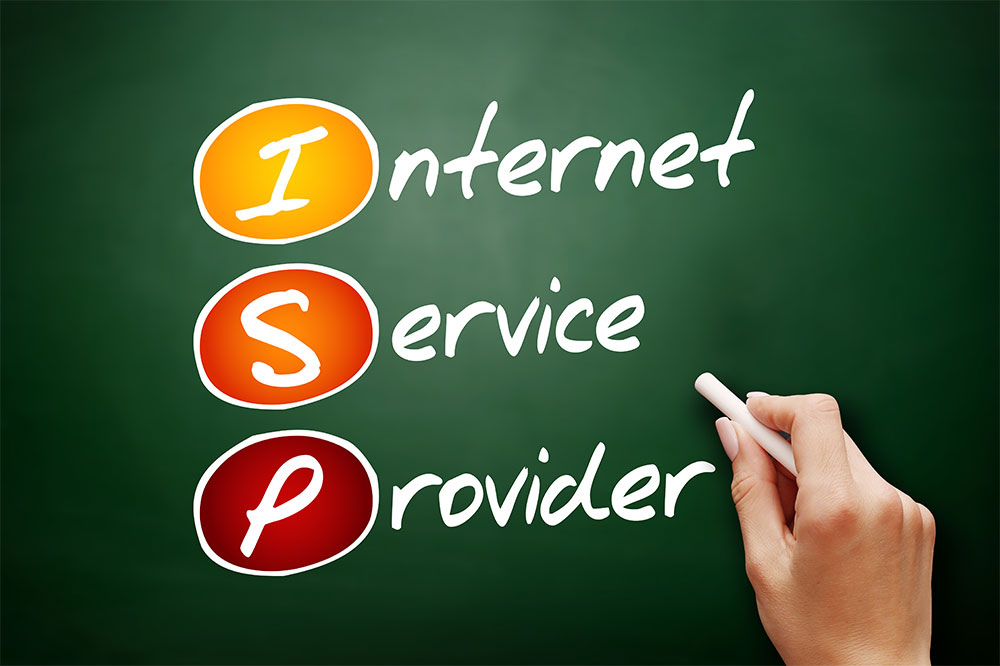
Top 5 high-speed internet service providers
Slow internet speeds and outages affect productivity and cause losses or wreck opportunities. It is crucial to subscribe to a reliable and high-speed internet service provider to avoid all these problems. However, with hundreds of options and attractive deals out there, consumers find it difficult to make a choice. So, to help you make the right choice, we have listed down the top five fastest internet services.
Verizon Fios
Fios offers fast and reliable internet services that are amazing for gaming, streaming high-quality videos, and video calling. There are three popular plans: the 200 MBPS, 400 MBPS, and the Gigabit Connection plan. Each plan offers a year of free AMC+, while the Gigabit connection plan includes whole-home WiFi, router rentals, and extenders if required. Moreover, you can also get the latest devices like Samsung Chromebook on the subscription of certain plans.
AT&T
As one of the biggest internet providers in the country, AT&T offers different plans for people with varied needs. Their three most popular plans are the INTERNET 300, 500, and 1000, which provide data at the speed of 300Mbps, 500Mbps, and 940Mbps, respectively. Along with the internet, one also gets access to #0,000+ hotspots around the country. The only drawback is that the internet services are available in only selected areas in the country.
Google Fiber
Google offers one of the fastest internet speeds ever. They have two plans: Gig 1 and Gig 2. Gig 1 offers download speeds up to one gigabits per second, which means that one can download a 2.5-hour-long movie within 60 seconds. Gig 2 offers download speeds up to 2 gigabit per second. Moreover, it comes with a super-fast WiFi 6 and Tri-band Mesh Extender. Sadly, only a few states have access to Google fiber services yet.
Xfinity
When it comes to affordable plans, Xfinity is the provider you need. They offer high-speed internet plans for as low as $24.99. However, the costs vary depending on one’s location. Moreover, one may also need to sign a year’s contract. They have various other plans that offer downloading speeds of 50, 100, 200, and 800 Mbps. Xfinity also offers internet plans with speeds up to 1.2 GB/second. While the 200 Mbps plan is suitable for families, the 50 Mbps plan works fine for a single person working from home.
Spectrum
Spectrum has three different plans that one could select from depending on their requirements. The $49.99 plan offers up to 200 Mbps, the $69.99 plan offers up to 400 Mbps, while the $109.99 plan offers over 1 GB/second. With each subscription, one gets a modem. The prices may differ according to region and contract. One can also club their phone or TV services with their internet plan to get better deals.


